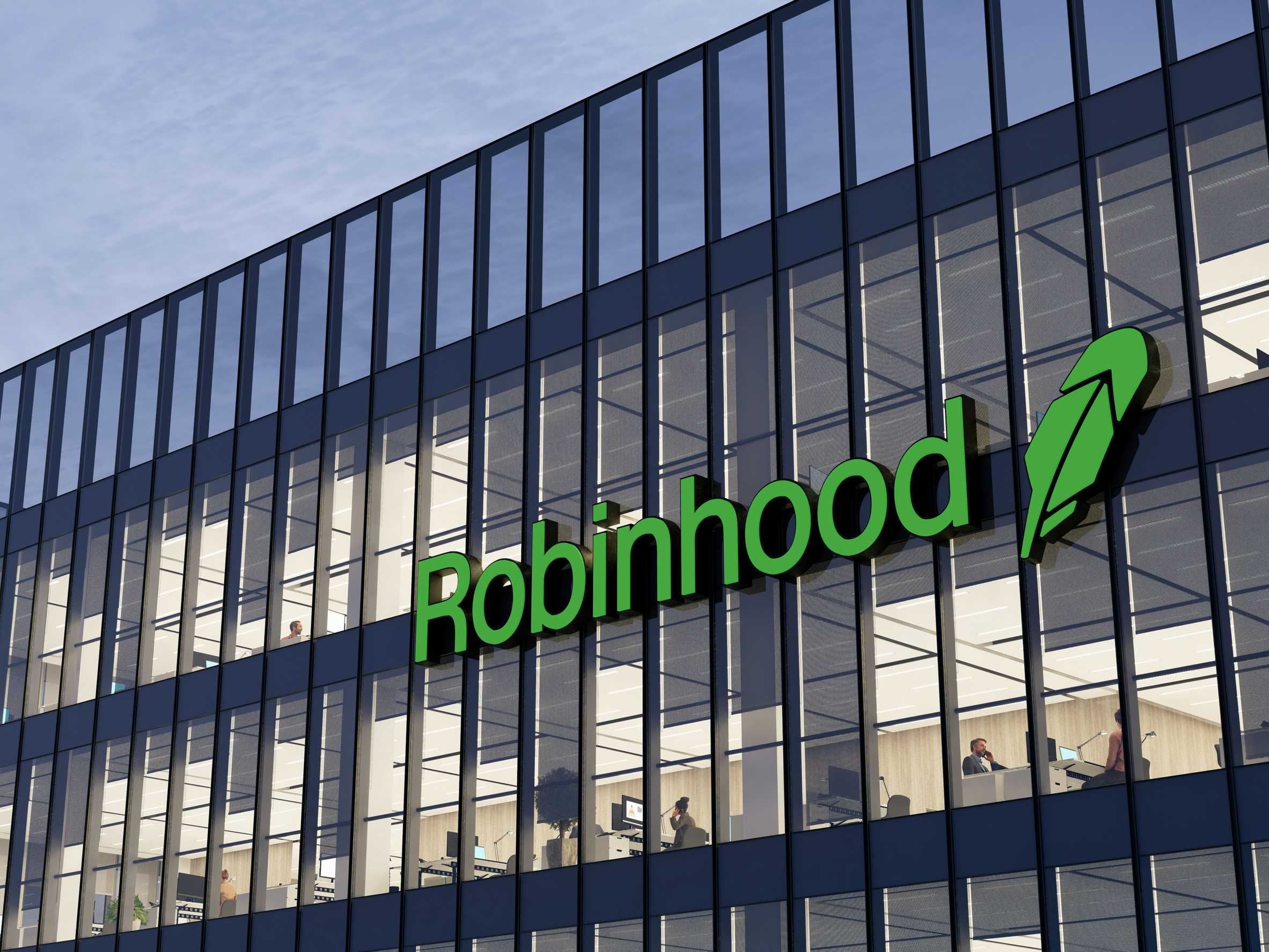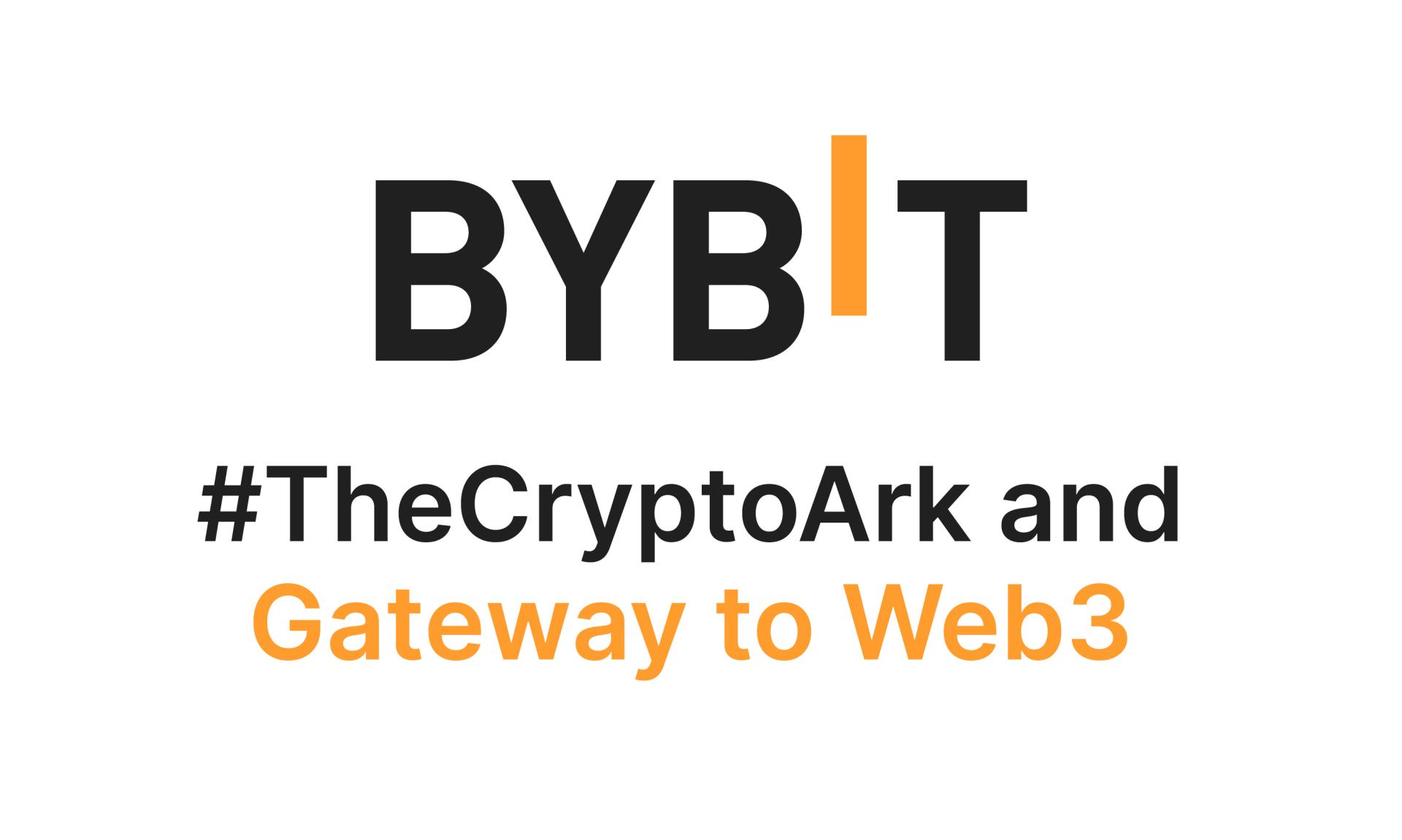 CaryptosHeadlines Media Has Launched Its Native Token CHT.
Airdrop Is Live For Everyone, Claim Instant 5000 CHT Tokens Worth Of $50 USDT.
Join the Airdrop at the official website,
CryptosHeadlinesToken.com
CaryptosHeadlines Media Has Launched Its Native Token CHT.
Airdrop Is Live For Everyone, Claim Instant 5000 CHT Tokens Worth Of $50 USDT.
Join the Airdrop at the official website,
CryptosHeadlinesToken.com
The New Jersey Division of Gaming Enforcement has taken decisive action against Kalshi and Robinhood (NASDAQ: HOOD), issuing cease-and-desist orders due to allegations of unauthorized sports wagering within the state.
This move requires both platforms to cancel all bets placed by residents of New Jersey and to confirm that they have ceased offering these services by a specified deadline. The development is part of a broader conversation about the regulation of sports betting in the United States, where increasing activity on platforms such as Kalshi and Robinhood has prompted discussions about potential federal oversight.
Meanwhile, other North American regions, including Alberta and Massachusetts, are also considering changes to their gambling regulations, signaling a shift in how sports betting is managed across the continent.
New Jersey Cracks Down on Robinhood, Kalshi
In New Jersey, the crackdown on Kalshi and Robinhood marks a significant step in enforcing state gambling laws. The Department of Gaming Enforcement’s actions highlight the challenges that arise when online platforms engage in sports betting without proper authorization.
This situation underscores ongoing discussions at the federal level about the need for a unified approach to regulating sports betting across state lines. In parallel, Alberta is poised to introduce legislation that would allow private companies to enter the online gambling market, aiming to create a more competitive and regulated environment.
Similarly, Massachusetts lawmakers are proposing new restrictions on sports betting, focusing on limiting online activities and controlling advertisements during televised events to address public health concerns.
![]()
![]()
Join our Telegram group and never miss a breaking digital asset story.
HOOD Stock Brief
Amid these regulatory challenges, Robinhood’s stock has experienced notable fluctuations. As of March 28, 2025, the stock opened at $42.68 and was trading at $40.67 by 10:36 EDT. The day’s trading range has seen a low of $40.57 and a high of $43.07. Over the past year, Robinhood’s stock has varied significantly, with a 52-week low of $13.98 and a high of $66.91.
Key financial metrics include a market cap of $36.01 billion, a trailing P/E ratio of 26.07, and a forward P/E ratio of 55.71. Analysts have issued a “Buy” recommendation for the stock, with price targets ranging from $34.00 to $105.00, and a mean target of $66.277.
The historical data for March 2025 reflects the stock’s volatility, with significant daily swings. For instance, on March 24, the stock opened at $46.40 and closed at $48.36, while on March 28, it opened at $42.68 and was trading lower at $40.67.
The company’s financial health, as indicated by metrics such as a quick ratio of 1.177 and a debt-to-equity ratio of 96.902, suggests that while there are challenges, Robinhood remains a significant player in the financial sector.
Disclaimer: The author does not hold or have a position in any securities discussed in the article. All stock prices were quoted at the time of writing.
About the author
Tim Fries is the cofounder of The Tokenist. He has a B. Sc. in Mechanical Engineering from the University of Michigan, and an MBA from the University of Chicago Booth School of Business. Tim served as a Senior Associate on the investment team at RW Baird’s US Private Equity division, and is also the co-founder of Protective Technologies Capital, an investment firm specializing in sensing, protection and control solutions.













